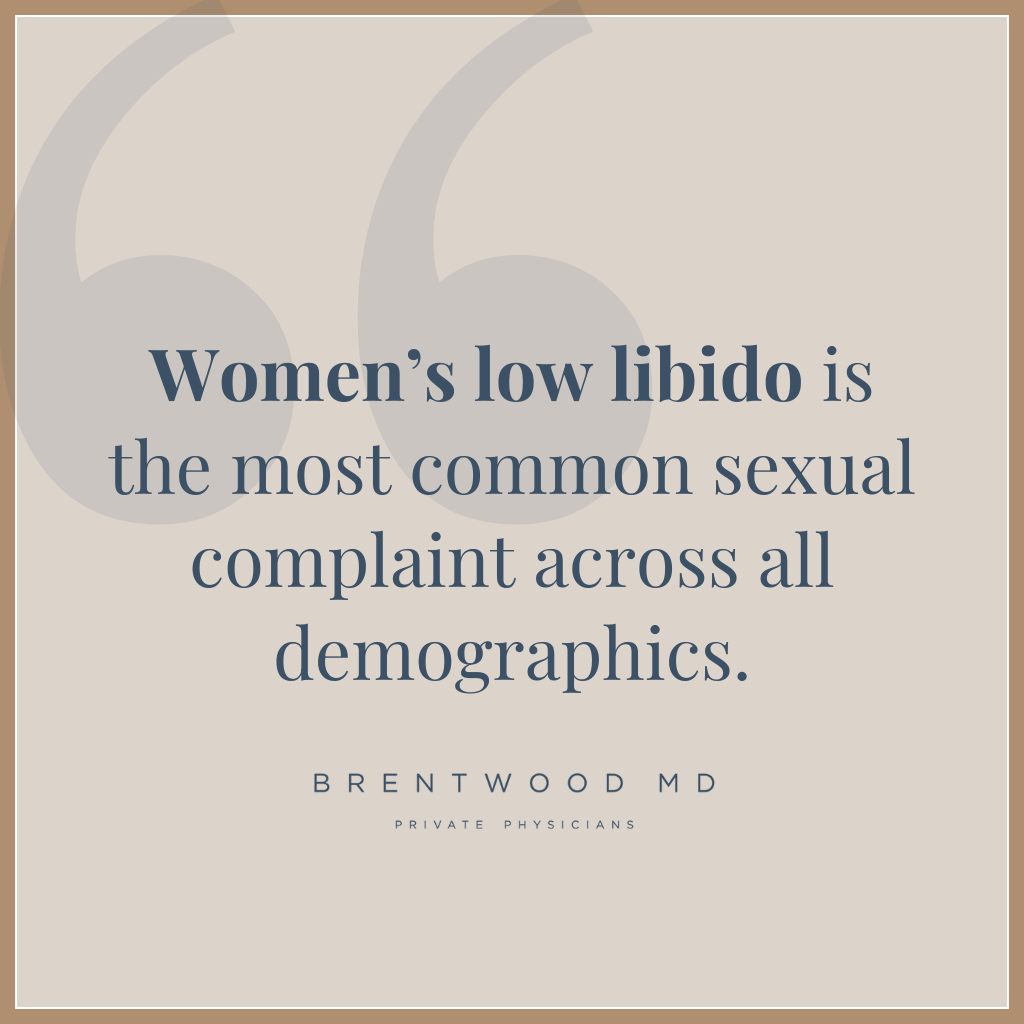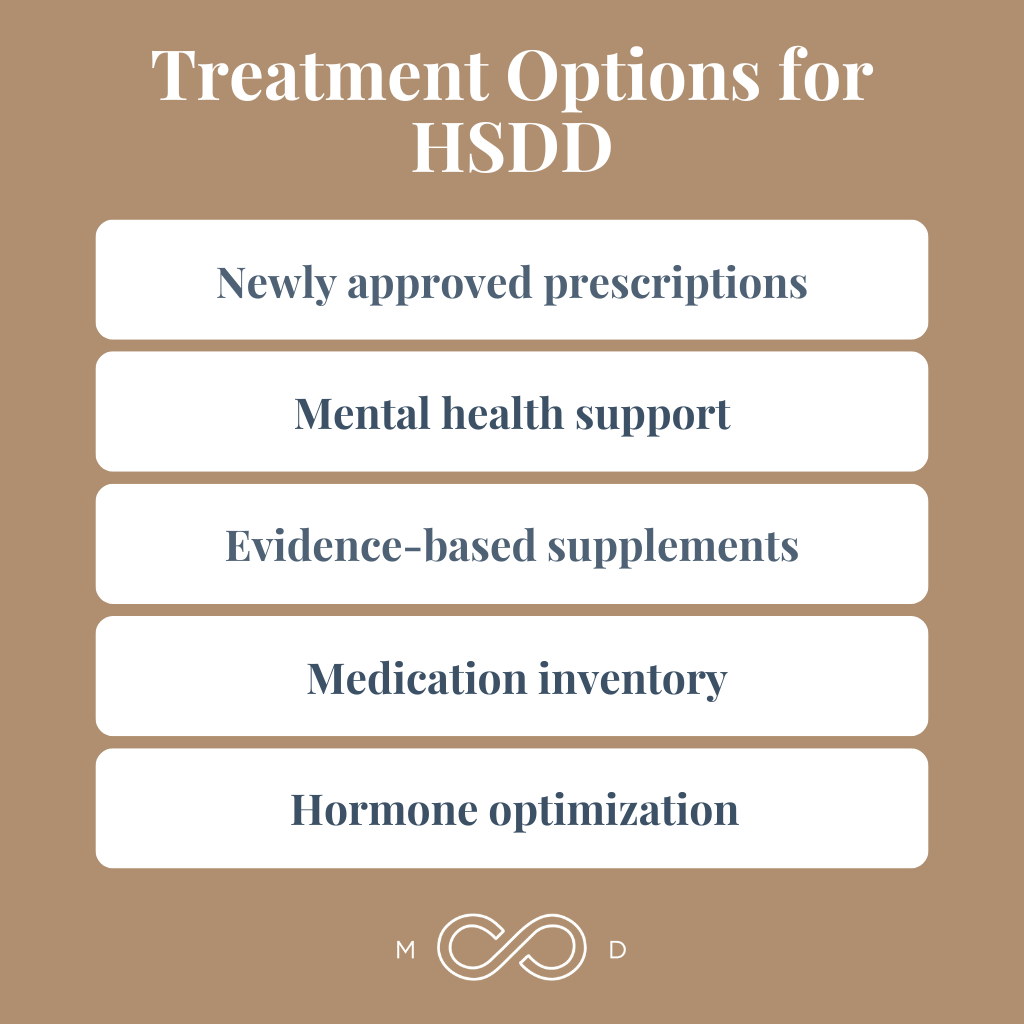Download file | Play in new window | |
As a physician, I’ve witnessed firsthand how certain aspects of women’s health remain shrouded in silence.
Too often, I’ve sat across from a patient struggling to voice concerns about sexual health, libido, or menopause-related symptoms. And for years, I felt woefully unprepared to address these conversations with the depth and expertise they deserved.
That’s precisely why I was thrilled to sit down with Brooke Faught, a Doctor of Nursing Practice who has dedicated over two decades to transforming women’s sexual and pelvic health. As founder and former director of the Women’s Institute for Sexual Health in Nashville, Brooke has built a career around the very conversations most healthcare providers often struggle to navigate.
Her credentials speak volumes: a fellow of the International Society for the Study of Women’s Sexual Health, a certified menopause practitioner, and a passionate advocate who lobbied Congress for FDA approval of the first medication for hypoactive sexual desire disorder. But what struck me most about Brooke was her commitment to the underserved corners of women’s health — as she puts it, “basically everything that nobody else wants to do.”
The Reality of Women’s Health in Modern Healthcare
Brooke’s journey into women’s sexual health wasn’t planned; it evolved organically as she recognized gaps in care that desperately needed addressing. “I seem to really gravitate toward the areas of underserved women’s healthcare,” she explains. “Urogynecology, women’s sexual health, pelvic floor disorders, vulvar dermatology, hormone disorders.”
The lack of resources in these areas highlights a troubling reality in healthcare: We’ve made remarkable advances in extending women’s lifespans, yet we’ve largely ignored the quality of those additional years.
Women now live significant portions of their lives in a postmenopausal era — a relatively new phenomenon in human history. Modern medicine has given us the gift of longevity, but we haven’t adequately addressed what it means to thrive during these extended years.
Brooke notes that, unfortunately, when we don’t understand something in healthcare, we often default to ignoring or dismissing the issue: “You’ll be fine. Women have dealt with this for years.”
This approach fails our patients entirely. Women deserve more than just survival; they deserve to feel good and enjoy their lives at every stage.
A Common Myth About Women’s Sexual Health
Brooke is passionate about addressing myths about women’s health — myths that perpetuate suffering in silence. One major myth she wants to dispel is that pain is normal for women.
“Pain is not normal, whether it’s just general pelvic pain, vulvar pain, pain with sex,” she emphasizes. While menstrual cramps might be common, chronic pelvic pain, pain with sexual activity, or ongoing genital discomfort should never be dismissed as “just part of being a woman.”
If you’ve been dismissed, told to “have a glass of wine,” or “deal with it,” or if you’ve been prescribed the same ineffective cream repeatedly, Brooke’s advice is clear: Keep asking questions. Keep seeking healthcare providers who will take your concerns seriously — because answers are out there.
Understanding Female Libido: Beyond Simple Comparisons
Brooke shared another eye-opening piece of information during our discussion: Women’s low libido is the most common sexual complaint across all demographics. While we often think of sexual dysfunction in terms of erectile dysfunction and medications like Viagra, the reality is that women’s sexual concerns are far more prevalent — and far less addressed.
We discussed the complexity of female sexuality and some fundamental differences between how male and female desire typically manifest.
“Men tend to have more of an innate need to release sexual tension, so they’re driven by this physiologic desire for sex,” she explains. “Women tend to be more receptive creatures.” For men (in general), she likened sexual desire to an automatic, autonomous process: “We don’t tell ourselves to be hungry. It just happens — we’re sitting there and we realize our stomach’s growling. That’s kind of how sex is for men.”
For women, the process is often more complex and contextual. Sexual desire frequently emerges through a responsive pathway rather than a spontaneous one. Environmental cues, emotional connection, physical comfort, and even simple acts of care (like completed household chores) can trigger a cascade of physiological responses that, when welcomed, develop into sexual desire.
This understanding reframes everything. It explains why the model of spontaneous desire doesn’t always apply to women, and how there’s so much room for internal and external forces to interfere with the arousal process.
Hypoactive Sexual Desire Disorder: When to Bring Up Low Libido
So, how do you know when to bring up low libido with your doctor? Brooke’s expertise in low libido — or hypoactive sexual desire disorder (HSDD) — says it’s when symptoms impact your quality of life. “Anytime there’s a bother associated with it,” Brooke explains.
Of course, not all low libido constitutes HSDD. That’s why it’s important to speak with a trusted physician about your concerns — so together you can determine what’s going on and what steps to take.
For instance, Brooke might see a patient with decreased libido and, during a discussion about timeline, discover a partner’s medical crisis may be the root cause. That’s what she calls situational low libido, which may resolve naturally when the situation does. But when a woman says, “I used to be more interested in sex, but I feel like a light switch went off. I want to want to have sex more,” that suggests HSDD might be at play.
A Comprehensive Approach to Treatment of HSDD
While medications for male sexual dysfunction received expeditious treatment, female-oriented medications traditionally haven’t fared as well. However, Brooke shared some excellent news: Women now have not one, but two FDA-approved treatment options for HSDD: Addyi and Vyleesi.
Brooke prefers to take a customized, comprehensive, and holistic treatment approach to HSDD, taking into account her patients’ preferences, needs, and lifestyle as well as available adjunctive therapies. She rarely relies solely on medication, instead involving of modes of care such as:
- Mental health support: “I feel like every woman should have a pelvic floor physical therapist and a sexuality counselor,” she says. Even when there’s a clear physiological explanation for sexual concerns, having an unbiased, properly trained professional can be invaluable.
- Evidence-based supplements: While cautious about the largely unregulated supplement industry, Brooke does recommend specific products with research backing, such as Ristela, which works on the nitric oxide pathway to improve blood flow and improve sexual function.
- Medication inventory: Many common medications, particularly those affecting serotonin levels, can significantly impact sexual function. Sometimes simple adjustments or additions (like Wellbutrin to counterbalance SSRI effects) under her careful guidance make a substantial difference.
- Hormone optimization: Testosterone and other hormonal factors often play a role in sexual health and may require assessment and optimization.
New Drugs Are Here: Access and Cost
Regarding medication, a practical concern many women have involves access and cost.
Both Addyi and Vyleesi work through specialty pharmacies that can cap costs — typically around $100 monthly maximum, with potential discounts bringing costs as low as $20 for qualifying patients.
The choice between the two medications often comes down to lifestyle preferences. Addyi is a daily pill that builds up in your system over time, offering consistent background support. Vyleesi is an as-needed injection that works within 45 minutes and can last up to 24 hours. Brooke notes that some women prefer the discretion of a daily pill, while others appreciate the targeted approach of the injection.
Beyond Libido: The Broader Picture
Our conversation reinforced something I’ve learned throughout my years in medicine: Sexual health is never just about one body system. It’s emotional, psychological, hormonal, and physical. It’s influenced by relationships, stress, medications, life transitions, and countless other factors.
As women navigate different life stages, their sexual health needs evolve. In Brooke’s experience, the most distressing low-libido timeframe tends to peak from roughly 45–65, or in other words during perimenopause and menopause. It’s a time when bodies are changing, new medications are entering the picture, and major life changes — like children leaving home for college — create additional challenges.
But here’s what gives me hope: the conversation is changing. Providers like Brooke are leading the charge in creating spaces where women can speak openly about their sexual health concerns without shame or dismissal. We’re developing better treatments, conducting more research, and most importantly, recognizing that women’s sexual health deserves the same attention and resources that we’ve long devoted to men’s.
Taking Action: Your Health Deserves Attention
If you’re reading this and seeing echoes of your own experience, know that you’re not alone — and you don’t have to suffer in silence. Sexual health is a vital component of overall wellness, and addressing concerns in this area can significantly impact your quality of life, relationships, and self-confidence.
The most important message from my conversation with Brooke is this: If something has changed and it’s bothering you, seek help. Don’t accept dismissive responses or band-aid solutions. Keep asking questions until you find healthcare providers who take your concerns seriously and offer evidence-based, personalized treatment options.
At Brentwood MD, we understand optimal health encompasses all aspects of your well-being, including areas that may feel uncomfortable to discuss. We’re committed to creating an environment where these crucial conversations can happen with the time, attention, and expertise they deserve.
Your health — all aspects of it — matters. And there are solutions available when you’re ready to explore them.

Dr. Wright joined Brentwood MD in 2022 as the model allows him to spend more time connecting with patients and build a foundation of exceptional care. He is a Nashville native and completed his family medicine residency at the University of Tennessee Health Science Center, where he also served as Chief Resident. He believes that your health deserves a prominent position on your priority list, and would be honored to serve you and your family.









